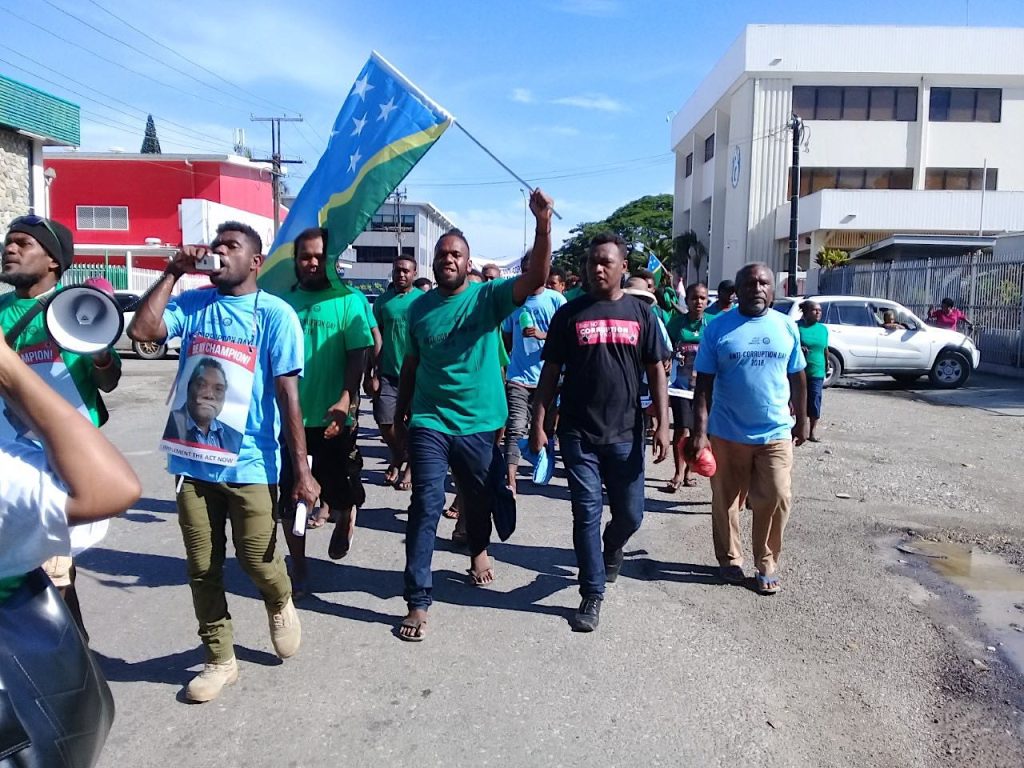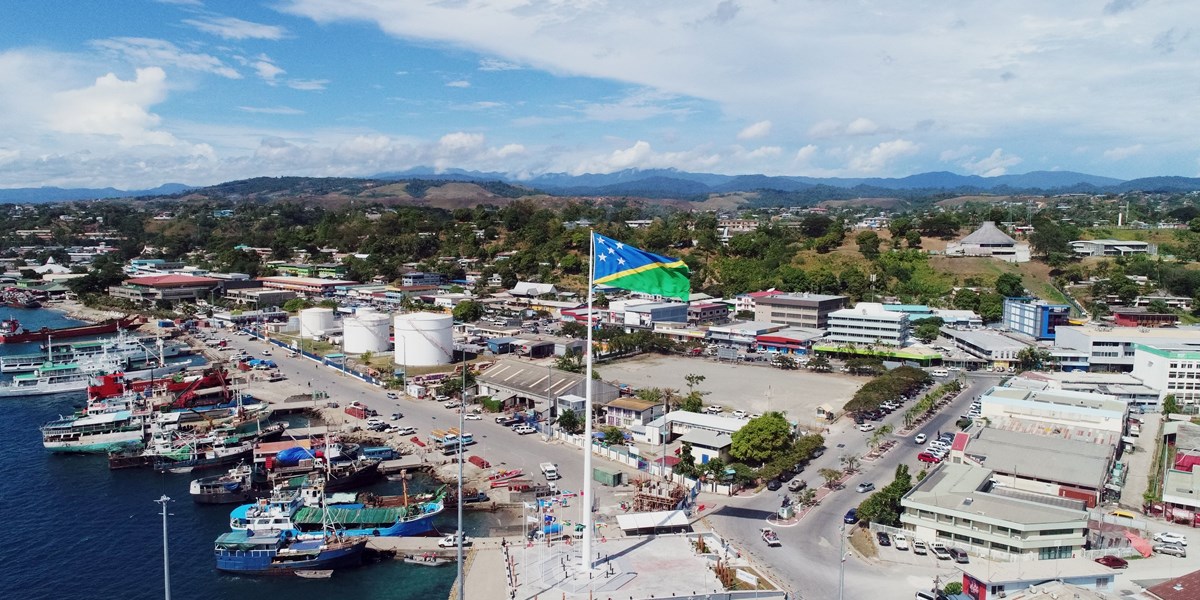The Solomon Islands has been ranked 43rd most corrupt country in the world.
That’s according to the 2025 Corruption Perceptions Index (CPI) released by Transparency International.
The country scored 43 points out of 100, placing it among the lower half of the global rankings, where 0 represents “highly corrupt” and 100 indicates “very clean.”
The global average score this year is 42.7, placing the Solomon Islands slightly above the world average but still far behind its Pacific neighbours such as Fiji (55) and Vanuatu (50).
The CPI, published annually since 1995, measures perceived levels of public sector corruption across 180 countries and territories.
The 2025 report once again highlights significant governance and accountability challenges for many developing nations, including the Solomon Islands.
According to the World Population review by My Most Corrupt Country 2025, the Pacific region, Australia (77) and New Zealand (83) continue to rank among the world’s least corrupt countries, placing them in the global top ten.
Fiji performed moderately with a score of 55, while Vanuatu and the Solomon Islands trailed behind.
Globally, Denmark (90), Finland (88), and Singapore (84) topped the list as the world’s least corrupt nations.
At the other end of the scale, Somalia (9), South Sudan (8), and Venezuela (10) ranked as the most corrupt countries in 2025.
Analysts say the Solomon Islands’ score reflects ongoing concerns over weak governance structures, lack of transparency in public spending, and limited enforcement of anti-corruption measures.
Despite the establishment of the Independent Commission Against Corruption (SIICAC), the country continues to struggle with issues linked to political influence, procurement irregularities, and misuse of public funds.
Transparency International noted that “countries that fail to strengthen oversight, improve access to information, and ensure accountability in public service tend to stagnate or decline in CPI performance.”
Good governance advocates in the Solomon Islands have repeatedly called for stronger enforcement of anti-corruption laws, better monitoring of constituency funds, and more public awareness on integrity and accountability.
Observers say meaningful progress will require political will, institutional reform, and greater participation from civil society to ensure transparency at all levels of government.
The Corruption Perceptions Index 2025 serves as a reminder that while the Solomon Islands sits marginally above the global average, the country still faces an uphill battle in building a transparent and accountable governance system.
“Corruption in the Solomon Islands remains a deeply rooted challenge, influenced by a combination of political, cultural, and systemic factors that have developed over decades since independence,” one of the young Advocators from Solomon Islands said.
“Until those main underlying issues, the deep seated structural and cultural issues are addressed we can archive a healthy and prosperous nation,” the young advocator added.
By ULUTAH GINA
Solomon Star Gizo










